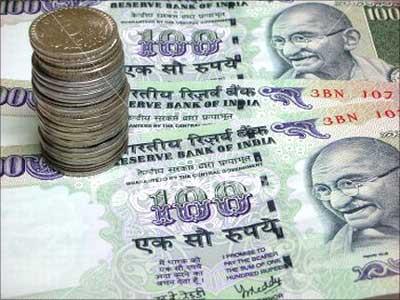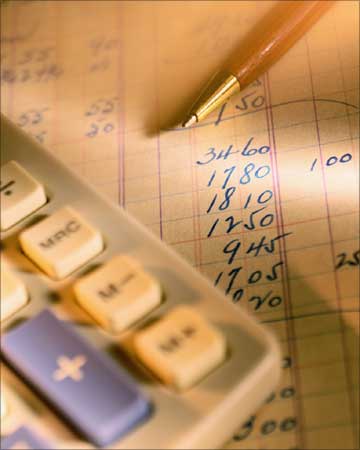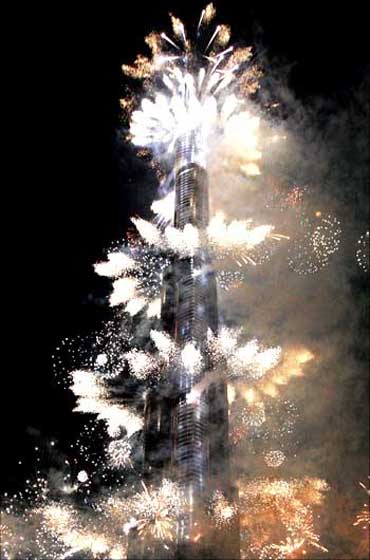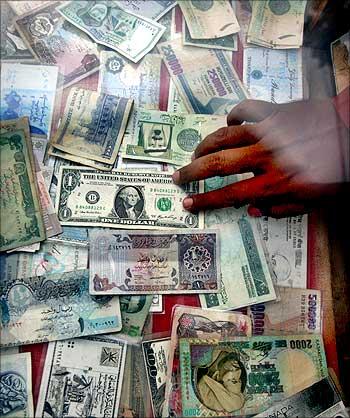
Trading in the Indian currency is swiftly gaining popularity in Dubai.
Futures contracts of the rupee against the dollar listed on the Dubai Gold & Commodity Exchange have doubled in the first two months of this calendar year. The previous two years saw a five-fold increase in these contracts.
Dubai is a major exporter of oil, gold and diamonds to India and the frenzy to hedge against rupee risk is such that soaring currency trading in the emirate could pose serious competition to volumes on Indian exchanges in the next few years, say market players.
On February 22, the number of rupee-dollar contracts touched a record 12,499 on the DGCX, breaking the previous record of 11,968 on January 5.
On an average, over 8,000 rupee-dollar contracts are traded daily on the DGCX, churning out Rs 1,500-1,600 crore (Rs 15-16 billion) in volumes.
. . .

Of course, current DGCX volumes pale in comparison to the combined volumes on the United Stock Exchange, National Stock Exchange and the MCX Stock Exchange.
The three domestic bourses together generate a turnover of just under Rs 25,000 crore (Rs 250 billion) daily.
But DGCX volumes are already nipping at the heels of those on the USE.
Dubai is a major hub for trade between Asia, Africa and Europe. A host of Indian diamond merchants have opened offices in the emirate. It is also reputed to be a major conduit for hawala operators.
According to brokers in Mumbai, a few large foreign institutional investors betting on Indian markets are hedging their currency risk in Dubai.

Interestingly, Financial Technologies Group -- promoter of the MCX exchange chain -- holds 44 per cent stake in DGCX.
FT was the rallying force behind setting up DGCX and at one point held 51 per cent stake in the bourse, which it has scaled down.
It was the launch of rupee-dollar futures on the DGCX in 2008 that put pressure on Indian policymakers to allow trading in the segment in India.
While DGCX is the only exchange outside India where the Indian currency is traded, there is also an unregulated non-deliverable forward market for it in Singapore, where a large number of funds take positions.
. . .

This vibrant market, which dates back to the 1990s, was a response by foreign banks and brokers to restrictions on onshore currency forward contracts clamped by many governments.
Funds playing on Indian markets through off-shore derivative instruments often use the NDF to hedge.
A futures contract facilitates buying or selling of an asset at a predetermined price for delivery at a future date.
Volumes on the DGCX first spiked after November 2008.
This was when the bourse decreased margins per contract from $800 to $600, introduced a cash-settlement system based on the dollar reference rate published by Reserve Bank of India, prolonged trading time by three hours and put a market-making scheme in place.